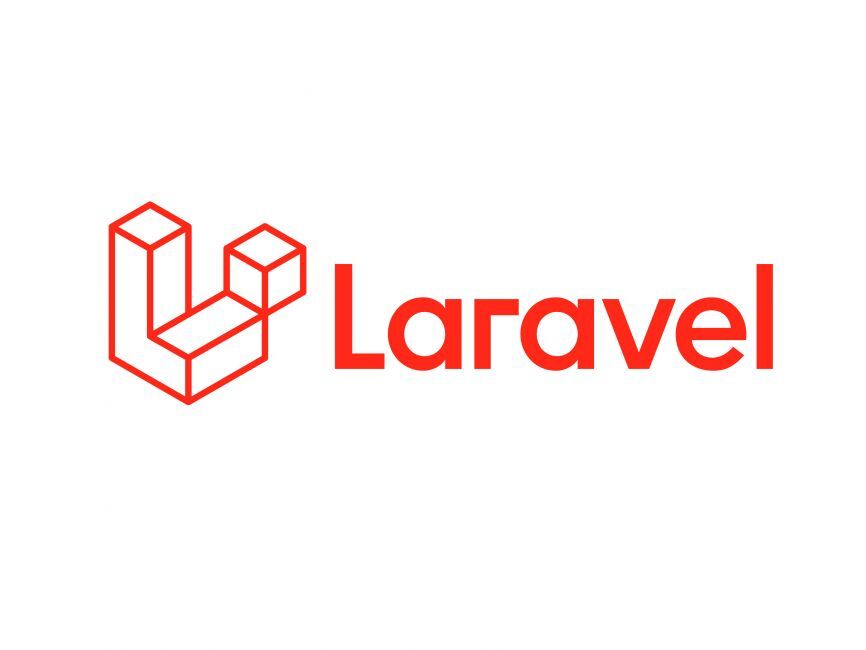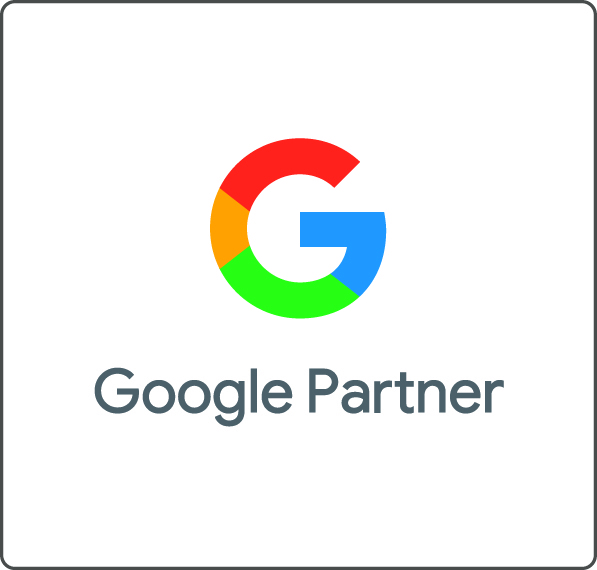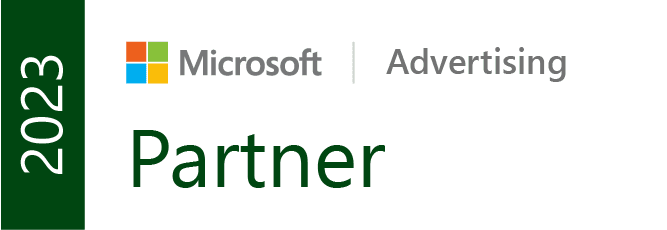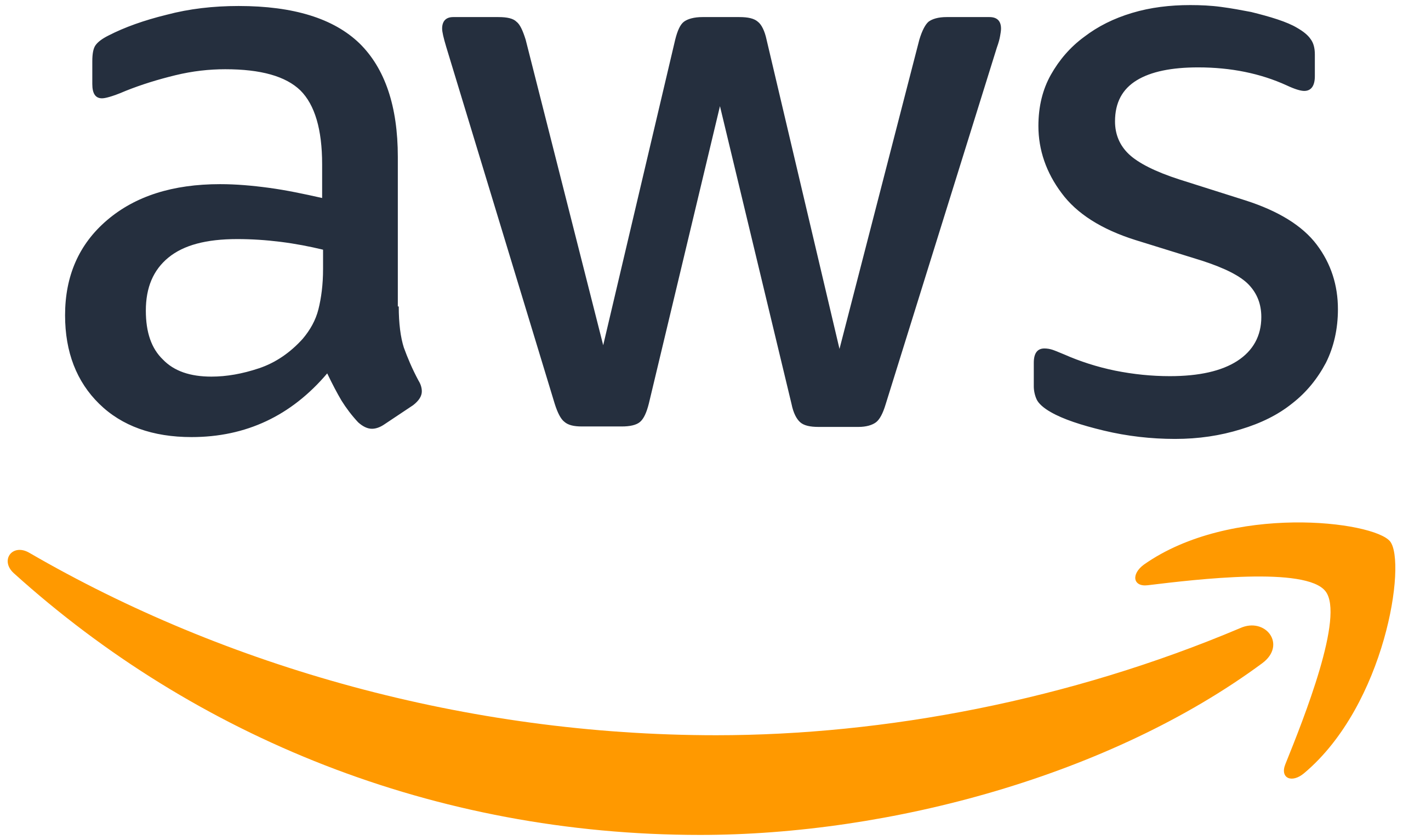Join us, as we discuss the top news and trends from the PPC industry. In this blog we cover updates from major advertising platforms, Google, Microsoft and Facebook, as well as delving into some thoughts on the uprising of AI and more on a future without cookies.
Microsoft Ads rolls out launch of Performance Max campaigns globally
In March, Microsoft Advertising launched access to its Performance Max campaign type globally.
Similar to Google, Microsoft’s Performance Max campaigns utilise AI to automate ad optimisation across a variety of ad formats and channels (i.e. search, shopping, display).
These campaigns offer advertisers the opportunity to reach a broader audience and streamline optimisation with automation.
Automation and AI are all the rage right now, and on paper they are appealing, especially to those who are limited by time or resources, but many advertisers have concerns over handing control over to the ad platforms and relying on AI for decision making.
Microsoft plans to introduce several enhancements to PMax campaigns throughout the year, including brand exclusions, search insight reports, search themes and video assets. All with the aim to improve campaign performance.
From the Adido perspective: we’d recommend waiting for the campaign type to prove itself before jumping straight to the new and shiny thing. The fact that this has been released globally with only a fraction of the functionality that is available in Google Ads makes us want to wait for the promised ‘enhancements’ before making it a priority.
Google product studio introduces seasonal templates
Google Product Studio has launched seasonal themed templates for US, Australian & Canadian marketers, providing a quick and convenient solution to generate captivating promotional images for various holidays.
The first templates released were for St. Patrick’s Day, allowing advertisers to update product images. Templates offer advertisers a simple, cost-effective way to keep their campaigns fresh and engaging year-round.
However, it's important to note the risk of blending in with competitors who may use the same AI-generated assets, which will dilute a brand's identity.
This approach by Google Product Studio streamlines the process of creating holiday-themed advertisements but brands face the risk of losing their individuality to AI.
We really love this insight from Dr. Grace Kite @ Magic Numbers which emphasises the risk of replacing original thinking & idea generation with the quick fix of AI content.
AI can’t invent anything new, it can only give you an answer based on something that it has already learnt, ie something that already exists. At first this is fine, but if everyone creates new ads based on the same similar historic ads, then all the ads will eventually look the same.
You may be wondering why this impacts us as UK-based advertisers who don’t yet have this tool at our disposal. Well, it wouldn’t be unthinkable that this tool is in Beta for the US but will eventually be released to UK markets. As we said above, AI content is fine at first but will lose its individuality over time. Unfortunately for non-US users, by the time the AI gets to us, the strong-performing content may have already turned into repetitive content.
In this blog we discuss why tone of voice matters so much in an AI saturated world.
There are already some well established tell-tales that single out AI-generated content from human generated content. Here’s how you can spot it.
Reddit introduces new ad format, which sparks negative feedback from advertiser community
Reddit has unveiled a new ad format called ‘free-form ads’, designed to closely resemble the style and appearance of user-shared posts on the platform.
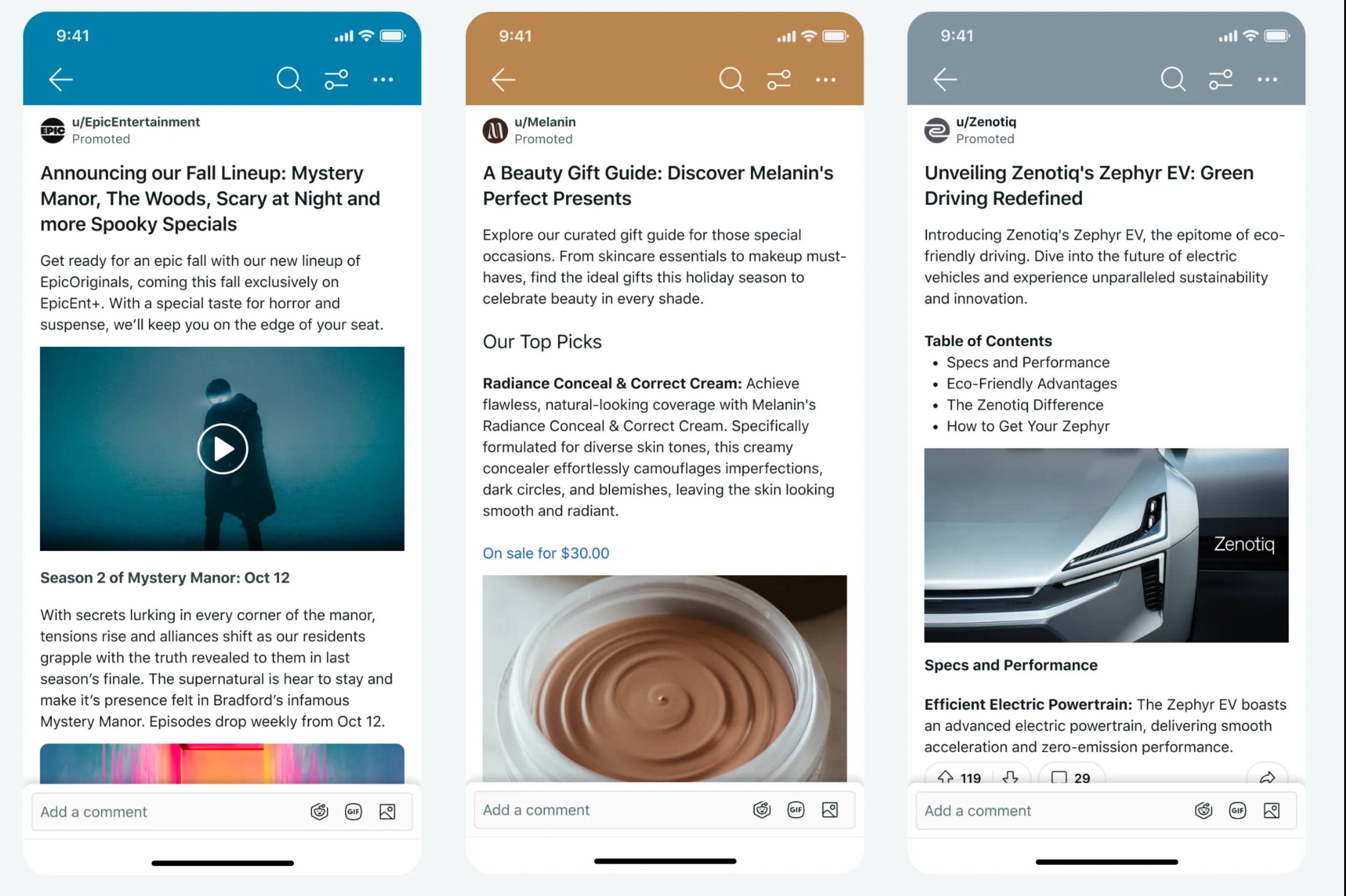
These ads aim to enhance engagement by enabling advertisers to interact with users in a manner akin to regular posts.
The introduction of free-form ads offers brands the opportunity to deliver comprehensive information to readers in a captivating manner.
However, the resemblance to user-generated content may raise concerns among users seeking genuine interactions rather than advertisements.
To ensure transparency, free-form ads are labelled as ‘Promoted’, distinguishing them from regular posts.
Jim Squires, EVP of Business Marketing and Growth at Reddit, highlighted the flexibility and native feel of free-form ads, emphasising their ability to drive performance and brand awareness while encouraging creativity from brands.
However, not long after the new ad types debut, reports are already emerging from advertisers of a high percentage of false clicks.
Meridian: a privacy-focused measurement tool for advertisers, from Google
Google has launched Meridian, a new measurement tool tailored for advertisers, in anticipation of phasing out third-party cookies later this year.
Meridian, an open-source Marketing Mix Model (MMM), prioritises user privacy while enabling advertisers to analyse campaign performance effectively.
Currently only available to select users, Google plans to make Meridian accessible to all marketers and data scientists in the near future.
MMMs like Meridian are statistical analysis methods that evaluate the effectiveness of campaigns by measuring the impact of marketing strategies alongside sales and customer retention efforts.
Meridian offers several key benefits, including innovation, transparency, actionability, and education. It improves MMMs through innovations like calibration via incrementality experiments, integrates reach and frequency, and provides guidance on measuring search.
Being open-source ensures full transparency, allowing anyone to review the code and methodology.
Additionally, Meridian assists marketers in making informed decisions by offering rich data inputs, model guidance, and cross-channel budget optimisation.
Harikesh Nair, Google’s Senior Director of Data Science, emphasises the importance of comprehensive and privacy-durable measurement solutions in the evolving advertising landscape. He notes the increasing adoption of MMMs among advertisers and highlights Meridian's role in facilitating this transition, aiming to drive innovation and data sharing through an open-source model.
Meridian represents Google's commitment to supporting advertisers in navigating the evolving privacy landscape while providing robust measurement solutions to enhance campaign effectiveness and drive better decision-making.
Google's compliance efforts with digital markets act: major changes unveiled
Google has announced several significant changes aimed at ensuring compliance with the European Union’s Digital Markets Act (DMA).
These adjustments, spanning Search results, choice screens, consent measures, and more, mark a proactive approach by Google to navigate the regulatory changes.
The impending DMA regulations hold implications for businesses, particularly with potential adjustments to Google SERPs that could affect traffic for direct suppliers such as hotels and restaurants.
However, Google has emphasised its collaboration with the European Commission to strike a balance during the implementation of compliance measures.
Changes to Search results include the addition of dedicated units and chips to aid users in finding comparison sites for flights, hotels, and shopping, alongside the removal of certain features like the Google Flights unit.
Google is also enhancing consent measures, offering users in the European Economic Area (EEA) the option to decide on data sharing across various Google services. New consent banners prompt users to choose whether to link their Google services, aligning with Google's EU end-user consent policy.
In response to DMA guidelines, Google Play will facilitate app developers in guiding users in the EEA to external websites directly from their apps, enhancing opportunities for external promotion.
Google Ads introduces automatic pausing for low-activity ad groups
Google Ads will now automatically pause ad groups with low activity. This change targets ad groups created at least 13 months ago that have not received impressions during that time, aiming to enhance budget efficiency for advertisers.
The rollout is expected to be completed for all production Google Ads accounts by 30th April.
Advertisers impacted by this change have the option to unpause ad groups if necessary. However, Google advises careful consideration before unpausing, recommending only to do so for ad groups expected to generate impressions in the coming weeks. If unpaused ad groups fail to garner impressions within three months, Google will automatically pause them again.
This change aligns with Google's efforts to enhance campaign performance and ensure advertisers can effectively allocate their budgets to maximise results. By automatically pausing low-activity ad groups, Google aims to streamline campaign management and improve overall advertising effectiveness.
President Biden backs legislation to ban TikTok in the U.S.
President Joe Biden has expressed his support for legislation aimed at banning TikTok in the United States.
The proposed bill, which is set to be voted on, would require TikTok's owner to remove the app from US markets within six months.
Failure to comply could result in a complete ban of TikTok in the U.S., affecting its vast user base of 150 million people.
President Biden's endorsement of the legislation underscores the growing concerns regarding national security and data privacy associated with TikTok.
The app's ownership under ByteDance, headquartered in Beijing, has raised alarms about potential risks related to data handling and privacy. If passed, the legislation could have significant implications for advertisers, especially those targeting Gen Z, as TikTok has emerged as a pivotal platform for reaching this demographic.
However, the White House has indicated that the bill still requires refinement before President Biden can formally endorse it, suggesting ongoing discussions and revisions are likely.
Disney expands ad platform with Google partnership
Disney Advertising has joined forces with Google to further its Disney Real-Time Ad Exchange (DRAX), allowing users of Google's Display & Video 360 to access ad inventory on Hulu and Disney Plus directly through DRAX.
This collaboration opens up a broader spectrum of opportunities for marketers, enabling national, regional, and local advertisers to seamlessly access ad inventory across Hulu and Disney Plus.
The timing of this partnership aligns with the shifting trend of advertising budgets from traditional TV to digital video platforms. Streaming services like Disney Plus and Hulu offer extensive viewer engagement, advanced targeting capabilities, interactive features, and real-time analytics, making them attractive options for advertisers aiming to efficiently reach their target audiences.
DRAX, launched by Disney in March 2021, serves as an automated ad platform consolidating advertisers' video demand, ensuring fair competition between direct-sold and programmatic deals for Disney ad impressions.
This partnership underscores Disney's strategic approach to enhancing its ad technology platform and reinforces its commitment to providing advertisers with efficient access to premium streaming inventory, ultimately driving results and delivering impactful advertising experiences.
Meta unveils significant updates to Advantage+ and shopping ads for enhanced consumer confidence
Meta has announced a series of updates to its Advantage+ and Shopping Ads, aimed at improving engagement, driving conversions, and delivering more personalised ads, ultimately increasing a users confidence when it comes to converting.
Advantage+ Creative Optimisations now offer automatic optimisation of video ads for Reels or mobile Facebook and Instagram apps, ensuring compatibility with a 9:16 aspect ratio.
These updates highlight Meta's commitment to providing shoppers with faster purchase decisions through AI-powered tools that offer personalised information at the moment of discovery.
Staying abreast of Meta's latest advertising features and capabilities is important for advertisers, offering opportunities to expand reach, enhance conversions, and optimise ads effectively.
Thanks for reading! Be sure to check back next month for the latest trends and updates in the world of PPC for May.

